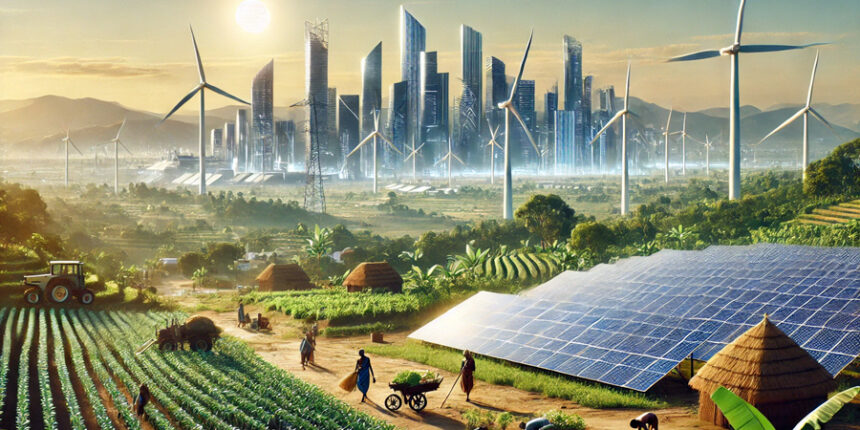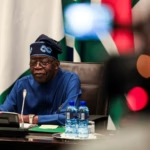The Egyptian government has granted certifications to four companies selected as part of the country’s newly adopted power contract model. The initiative will allow private energy generators to generate and sell electricity directly to industrial consumers, characterising Egypt’s energy liberalisation strategy and transformative steps in sustainable development commitment.
The approved project represents a total capacity of 400 megawatts and a total investment of USD 388 million. Each company can deliver its power plants for renewable energy and electricity directly to its industrial customers, while simultaneously paying a transfer fee to Egyptian power transmitting companies (EETC).
These contracts are structured without the financial burden of the state and do not require a sovereignty guarantee. Among the newly qualified projects, Neptune will deliver solar energy to the Suez Steel Factory for power generation and sales. AMEA Power provides power to the Bivar group for container connections and chemicals from the solar system in the Suez Canal.
The Taqa PV supplies Ezz steel via hybrid solar and wind farms, while the renewable energy Enara generates electricity from both the Hellwan fertiliser system and the Alamaine silicon product composite hybrid system.
- Advertisement -
Minister Esmato explained that the initiative is being implemented by the Egyptian Electricity Act, which opens up competition for competition, improves efficiency and attracts private investment. regional energy centre.
The Minister emphasised that the P2P frame allows industrial consumers to ensure reliable renewable electricity while simultaneously contributing to climate targets. These projects also allow businesses to prove their clean energy use, reduce emissions, and make it easier to access environmentally friendly export markets.
He affirmed the Ministry’s commitment to establishing a transparent, investor-friendly environment that will enable manufacturers and consumers to actively participate in Egypt’s energy transfer. These efforts are key parts of supporting the National Green Economy Agenda, expanding renewable energy capabilities, and modernising the country’s electricity infrastructure.










